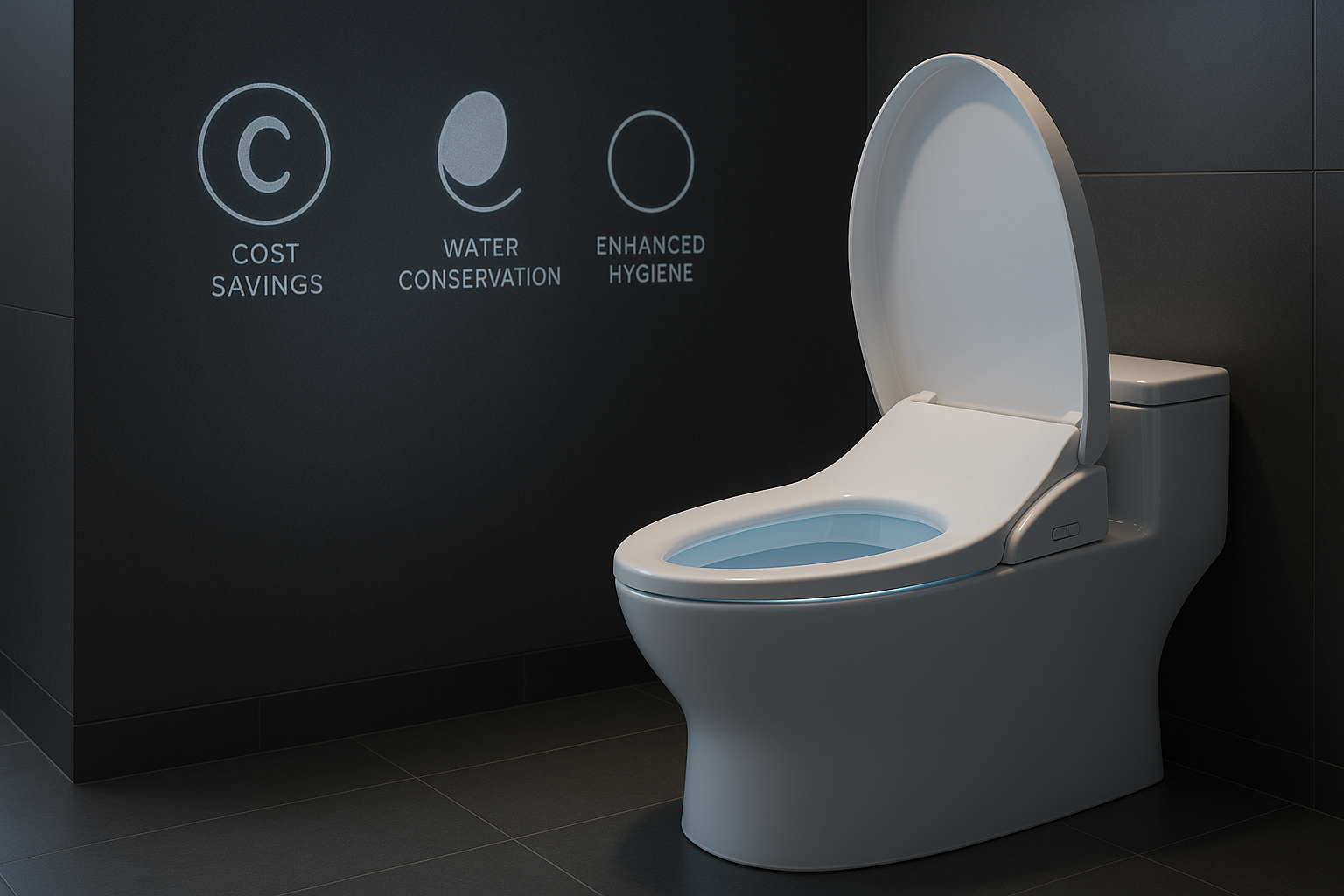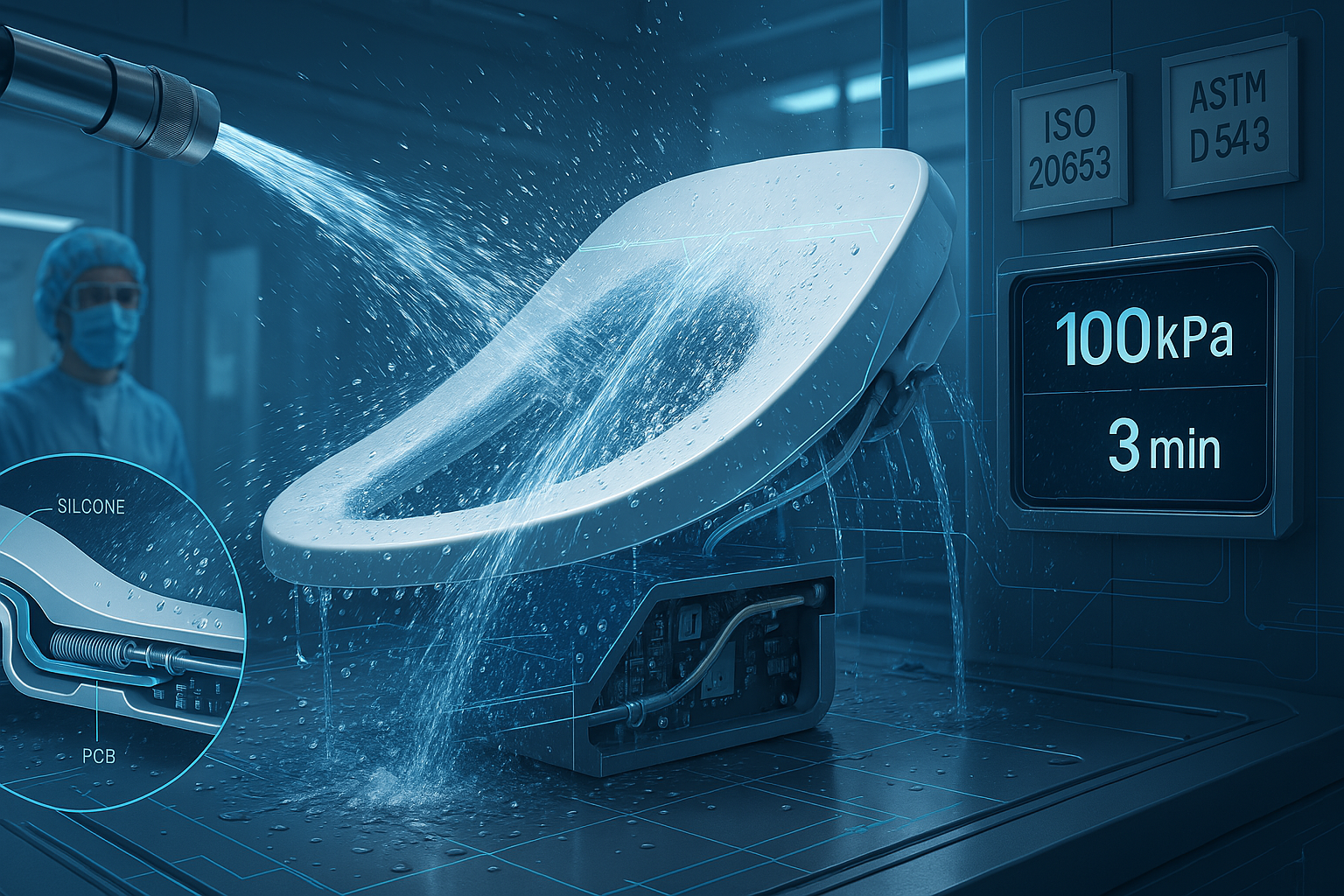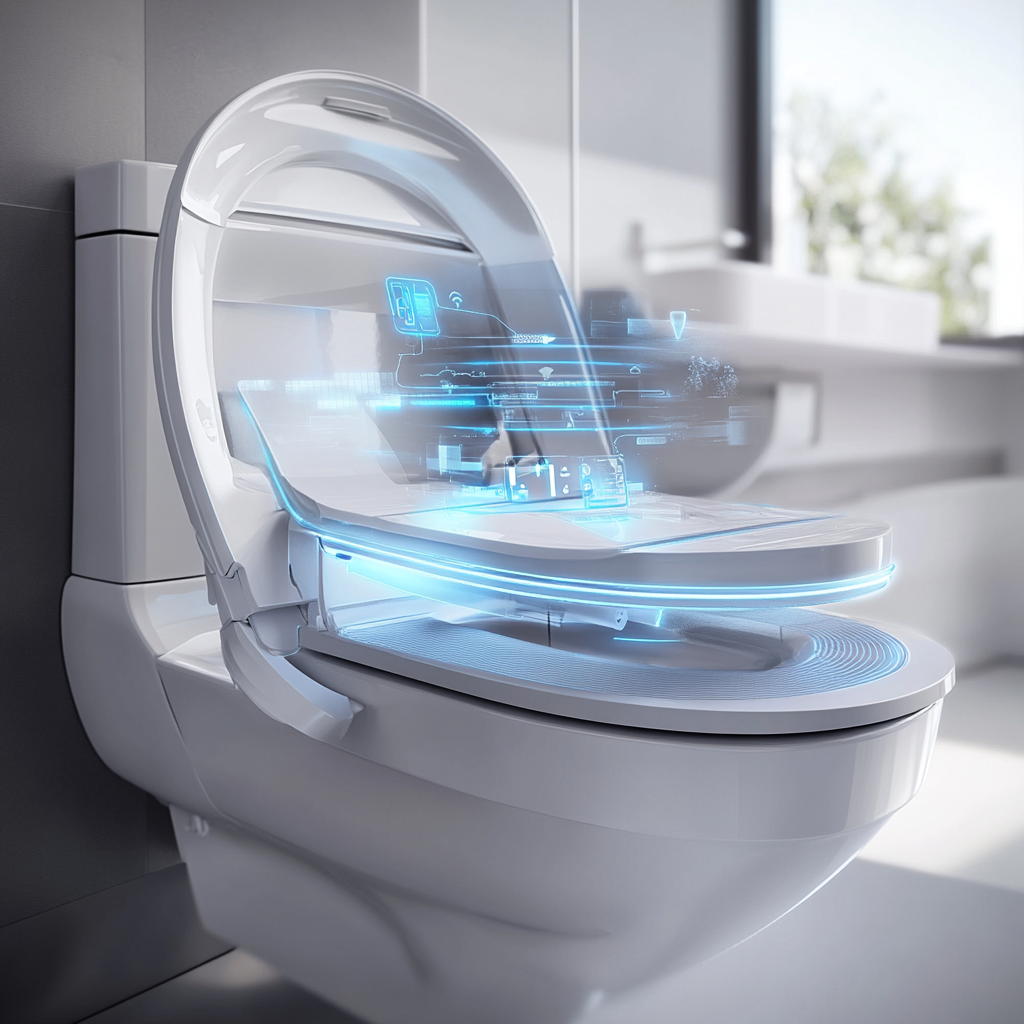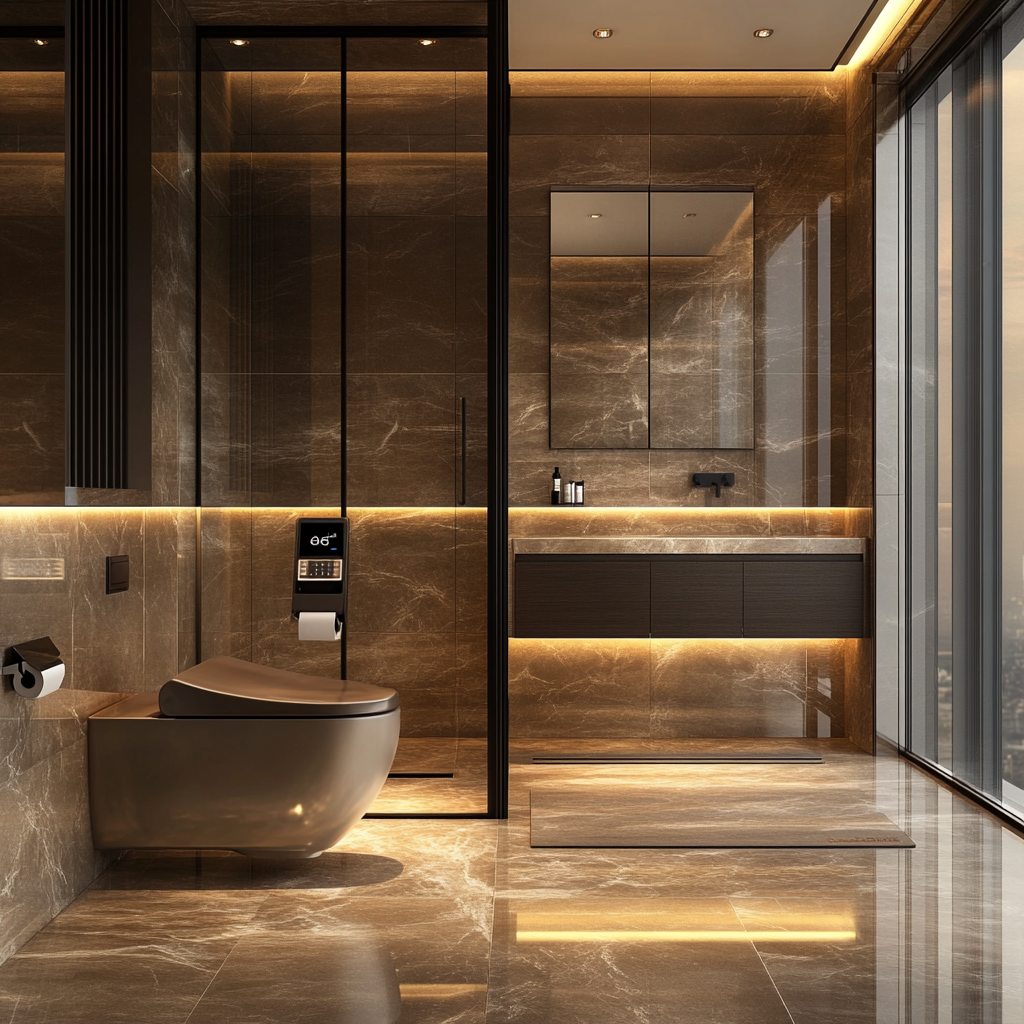The bathroom industry is undergoing a transformation, and smart toilet seats are at the forefront of this change. These innovative products are no longer a luxury reserved for high-end homes; they are becoming a standard feature in commercial spaces, hotels, and healthcare facilities.
With advancements in technology and a growing focus on hygiene and sustainability, smart toilet seats are redefining what it means to have a modern bathroom. Let’s dive into how they are revolutionizing the industry and why businesses should take notice.
The Rise of Smart Bathroom Technology
Smart technology has permeated nearly every aspect of our lives, and bathrooms are no exception. According to a report by Grand View Research, the global smart bathroom market is expected to grow at a compound annual growth rate (CAGR) of 8.9% from 2023 to 2030.
Consumer Demand for Convenience
Consumers are increasingly seeking products that offer convenience and enhance their daily routines. Smart toilet seats, with features like heated seats, automatic lids, and bidet functions, are meeting this demand.
Integration with Smart Homes
As smart home ecosystems expand, smart toilet seats are becoming an integral part of connected living. They can be controlled via voice assistants like Alexa or Google Home, making them a seamless addition to modern homes.
Enhancing Hygiene and Health
Hygiene has always been a priority in bathrooms, but smart toilet seats are taking it to the next level. These products are equipped with advanced features that promote cleanliness and even monitor health.
Self-Cleaning Technology
Many smart toilet seats now come with self-cleaning nozzles that use UV light or electrolyzed water to eliminate bacteria. According to a study by the World Health Organization (WHO), improved hygiene can significantly reduce the spread of infections.
Health Monitoring Features
Some models include sensors that analyze urine and stool samples, providing insights into users’ health. This data can be synced with health apps, offering a convenient way to track wellness trends.
Sustainability and Water Efficiency
As environmental concerns grow, sustainability is becoming a key focus in the bathroom industry. Smart toilet seats are leading the way with water-saving features and eco-friendly designs.
Reducing Water Consumption
Traditional toilets can use up to 6 gallons of water per flush, but smart toilet seats with bidet functions can reduce this significantly. According to the Environmental Protection Agency (EPA), water-efficient fixtures can save households thousands of gallons of water annually.
Eco-Friendly Materials
Manufacturers are also exploring the use of sustainable materials in their products. Recycled plastics and biodegradable components are becoming more common, appealing to environmentally conscious buyers.
Applications in Commercial Spaces
Smart toilet seats are not just for homes; they are making a significant impact in commercial spaces as well. From hotels to healthcare facilities, these products are enhancing user experiences and improving operational efficiency.
Luxury Hotels and Resorts
High-end hotels are adopting smart toilet seats to provide guests with a luxurious and comfortable experience. Features like heated seats and customizable settings can elevate a hotel’s reputation and attract discerning travelers.
Healthcare Facilities
In healthcare settings, hygiene is paramount. Smart toilet seats with self-cleaning and sterilization features are helping hospitals and clinics maintain high standards of cleanliness.
The Role of IoT and AI
The integration of IoT and artificial intelligence (AI) is driving innovation in the smart toilet seat industry. These technologies are enabling features that were once considered futuristic.
Predictive Maintenance
IoT-enabled smart toilet seats can alert facility managers about potential issues before they become major problems. This reduces downtime and maintenance costs, making them a valuable investment for businesses.
Personalized Experiences
AI algorithms can analyze user preferences and adjust settings automatically. For example, a smart toilet seat might remember a user’s preferred seat temperature and water pressure, creating a personalized experience.
Market Growth and Opportunities
The smart toilet seat market is booming, presenting significant opportunities for manufacturers and businesses alike.
Global Market Trends
According to Statista, the global smart toilet market was valued at 4.5billionin2022andisprojectedtoreach4.5billionin2022andisprojectedtoreach8.1 billion by 2028. This growth is driven by increasing consumer awareness and technological advancements.
Emerging Markets
While smart toilet seats have traditionally been popular in developed markets like Japan and the United States, they are now gaining traction in emerging markets. Countries like China and India are seeing increased demand, driven by rising disposable incomes and a growing focus on hygiene.












